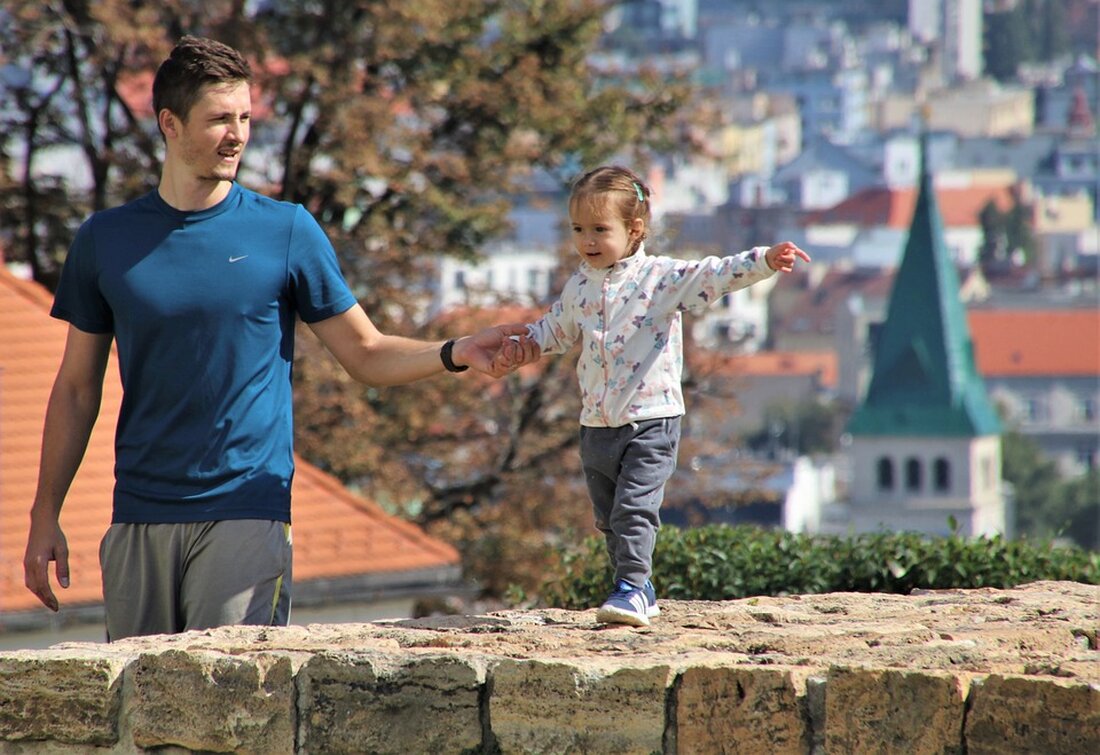Civil Interior in the First World War: New Book by Dr. Eva Göbel
The former trotting racing track in Ruhleben was a place where English civilians were interned during the First World War. Dr. Eva Göbel from the Humboldt University in Berlin has worked up her story in a new book entitled "In The Wrong Place at the Wrong Time". This historical work is published by the History City of Spandau. District Councilor Tanja Franzke emphasizes the importance of dealing with the topic of civilization in the First World War and emphasizes the valuable starting points and perspectives that the book offers. The bilingual collection of material provides insights into the history of civilians in the Ruhleben camp from various sources and ...

Civil Interior in the First World War: New Book by Dr. Eva Göbel
The former trotting racing track in Ruhleben was a place in which English civilians were interned during the First World War. Dr. Eva Göbel from the Humboldt University in Berlin has worked up her story in a new book entitled "In The Wrong Place at the Wrong Time". This historical work is published by the History City of Spandau. District Councilor Tanja Franzke emphasizes the importance of dealing with the topic of civilization in the First World War and emphasizes the valuable starting points and perspectives that the book offers.
The bilingual collection of materials gives insights into the history of civilians in the Ruhleben camp from various sources and asks how to remember the civilians in the First World War. The youth history workshop Spandau had already developed an exhibition on the Ruhleben civilian camp in 2017 in collaboration with pupils of the Carl-Friedrich-von-Siemens-Gymnasium. With the book, this project now has its end.
dr. Eva Göbel, professor at the Institute for History at the Humboldt University in Berlin, offers the book free of charge in the youth history workshop. The publication of this work helps to explore the history of civilization in the First World War and to raise awareness of this often little -known topic. This makes an important contribution to history processing and the memory of civilians in the Ruhleben camp preserves.
A table with information on known civilians in the Ruhleben camp and their fates could contribute to deepening the topic. Historical facts on the living conditions in the warehouse and the development of civil interlocation policy during the First World War could deepen the understanding of the background and effects of this event.
Source: www.berlin.de

 Suche
Suche
 Mein Konto
Mein Konto
